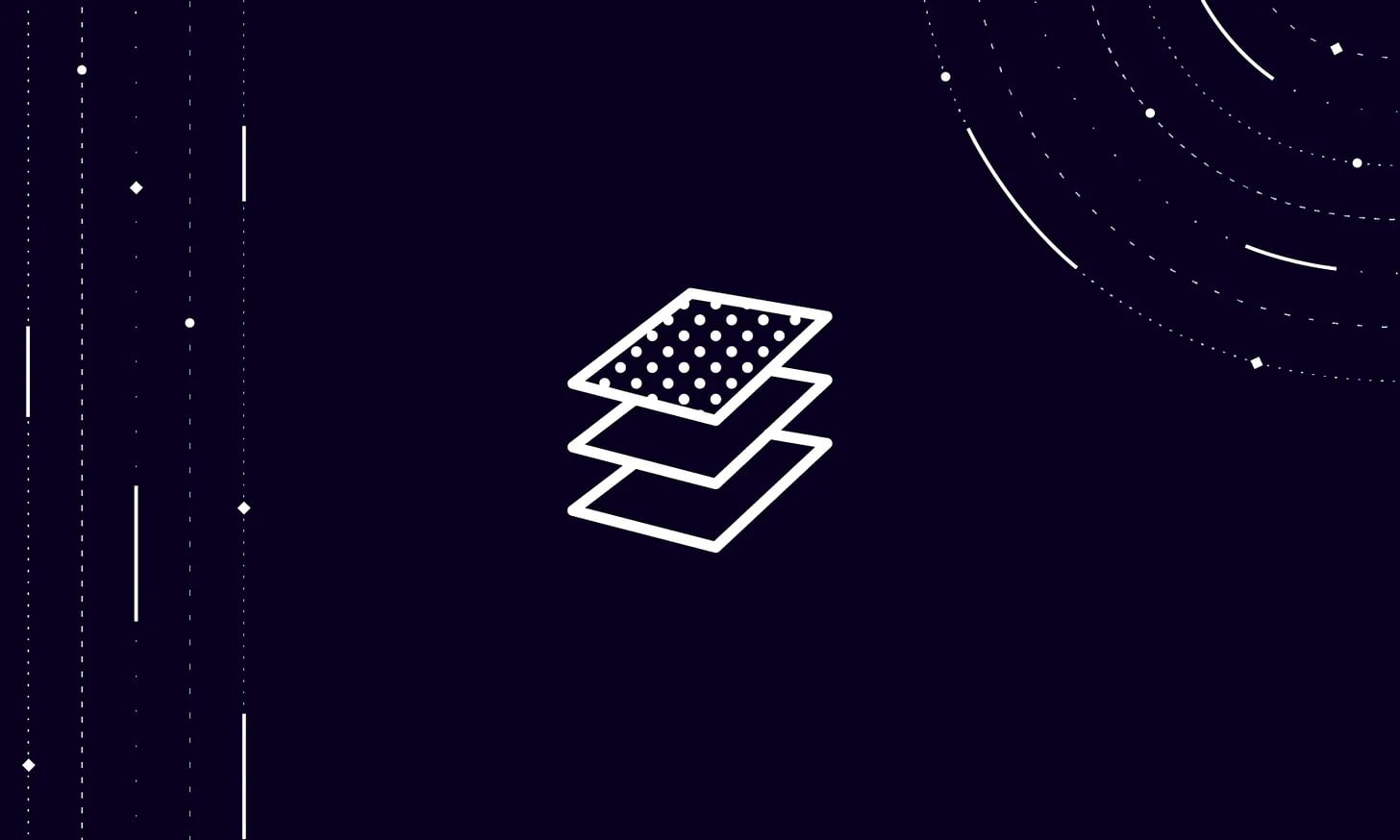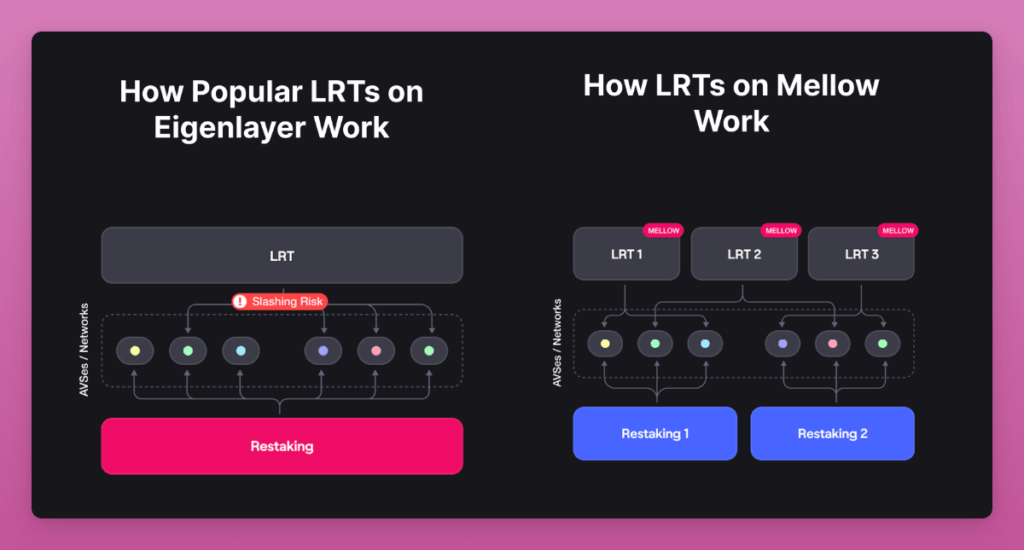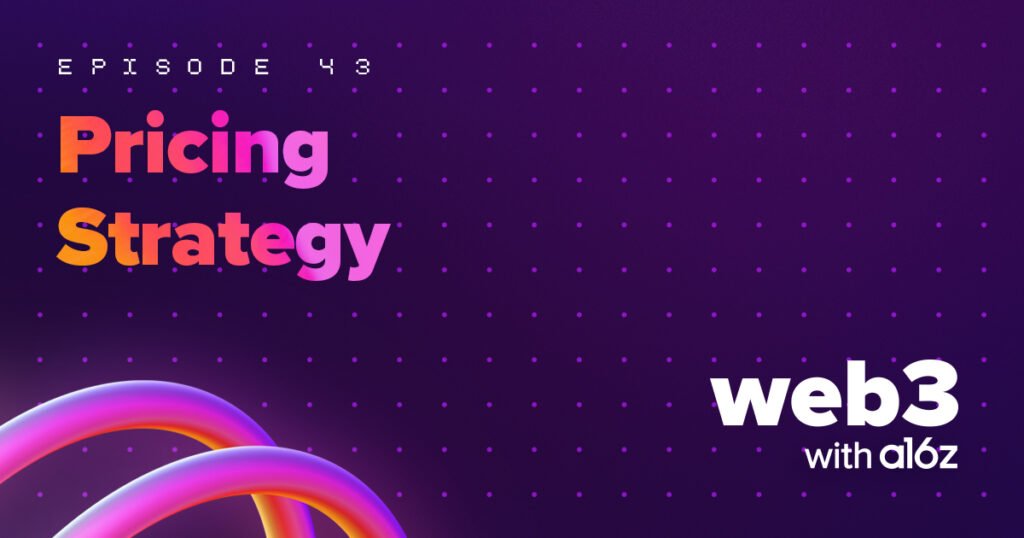Research Summary
The report discusses the significance of zero-knowledge proof (ZKP) technology in enhancing blockchain scalability and computational efficiency. It focuses on the Zero-Knowledge Virtual Machine (zkVM), a general-purpose computing platform based on ZKP. The report also compares zkVM with traditional virtual machines and highlights several projects developing zkVM solutions, including a16z, Taiko, and ZKM.
Key Takeaways
Understanding zkVM
- zkVM’s Role: As a general-purpose computing platform based on ZKP, zkVM can verify the correctness of computations without revealing execution details. It supports processing computationally intensive tasks off-chain, only submitting verification results to the blockchain, significantly enhancing blockchain scalability.
- zkVM’s Versatility: The design of zkVM is not limited to cryptocurrency transactions; its versatility allows it to be deployed in various application scenarios, such as medical data processing, supply chain management, and secret voting systems, where data security must be ensured while verifying the correctness of processing logic.
Comparison of zkVM with Other Virtual Machines
- Traditional VMs vs zkVM: Traditional virtual machines (VMs) simulate the hardware environment, allowing multiple operating systems or applications to run on the same physical hardware. In contrast, zkVM uses zero-knowledge proof technology to ensure the correctness of program executions, applicable to any program that can be compiled and run on a virtual machine.
- zkVM’s Limitations: The computation and verification processes in zkVM are often more time-consuming than traditional VMs because generating zero-knowledge proofs is a computationally intensive process, requiring a lot of computing resources, which significantly limits transaction processing speed (TPS).
zkVM Related Projects
- Jolt by a16z: Jolt is a new type of zkVM characterized by fast running speed and easier scalability and code audit for developers. It utilizes Lasso lookup parameters and sumcheck-based technology, enhancing the overall system speed.
- RISC Zero: RISC Zero is a zkVM with a recursive SNARK structure, characterized by a recursive method that supports the nesting of proofs. It uses the RISC-V instruction set, an open standard ISA (Instruction Set Architecture) designed for scalability and extensibility.
- Succinct’s SP1: Succinct developed zkVM SP1, which is specifically customized for executing code written in Rust or any other language that can be compiled through LLVM, offering higher flexibility and usability.
- Taiko’s Multi-Proof System: Taiko has begun transitioning from using zkEVM to zkVM, and its unique feature in zkVM is its application of the multi-proof system, enhancing the system’s security and robustness.
- ZKM by Metis Foundation: ZKM is a zkVM project utilizing the MIPS architecture and combining it with zero-knowledge proof technology to create a zk virtual machine. It offers native support for Golang and can be more easily developed and deployed.
Actionable Insights
- Explore zkVM’s Potential: Given the increasing demand for data sensitivity and cross-chain security, zkVM’s capabilities are well-suited to meet market needs. Businesses and developers should explore the potential of zkVM in various application scenarios.
- Consider zkVM for Scalability: For projects that require enhanced blockchain scalability and computational efficiency, zkVM could be a viable solution. It supports processing computationally intensive tasks off-chain, significantly enhancing blockchain scalability.
- Monitor zkVM Related Projects: Keep an eye on projects developing zkVM solutions, such as Jolt by a16z, RISC Zero, Succinct’s SP1, Taiko, and ZKM by Metis Foundation. These projects could provide valuable insights and potential collaboration opportunities.








